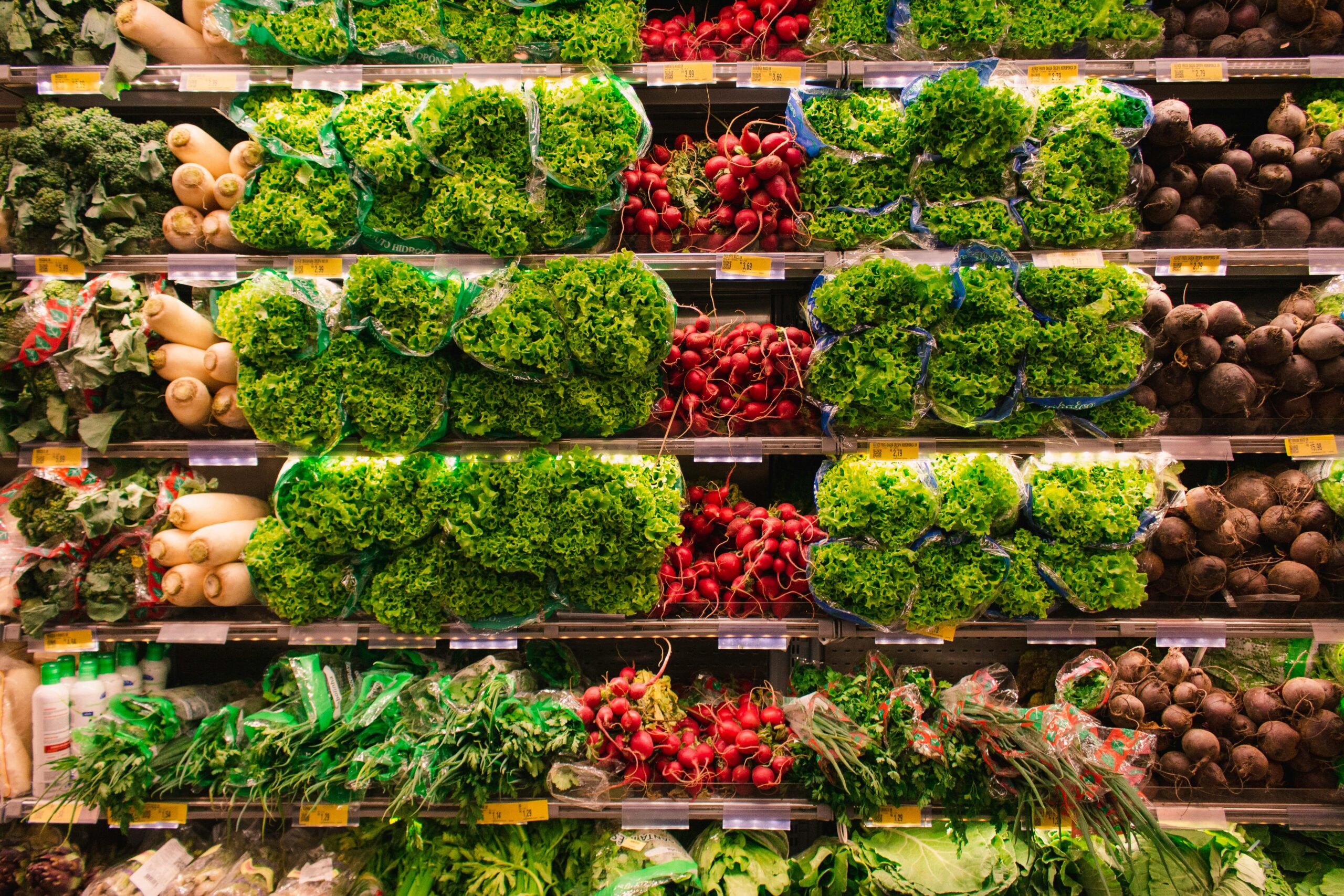As much as the incoming US administration promises to reduce inflation and boost the economy, some of their policies are going to end up increasing food prices. Here are four reasons why I see this happening:
Climate Change
Food prices start with raw ingredients. There is a move afoot to remove the words “climate change” from federal documents, as if not talking about is is going to change what’s happening. Farmers and people on the land are doing their best to adapt to the new reality of hotter growing seasons and violent storms. How will climate change impact crop yields? We may be too late to prevent a catastrophe, but without the government taking a long view and encouraging climate efforts, it’s going to happen faster and furiouser.
Tariffs
I think people are starting to understand that tariffs raise prices to the consumer. Imposing tariffs makes imported goods – including food – more expensive. America imports only 6% of its food, according to the USDA’s 2024 report. So even if imported foods get priced out of the budget of normal people, it’s not going to mean starvation. But favorites like coffee and chocolate, as well as meats, tropical fruits, spices, wines, off-season produce, and specialty foods from around the world may be off the table of the common man.
Labor shortage
“Mass deportation” means that a lot of immigrant labor is going to have to leave the country. Of 867,900 workers in agriculture, forestry and fishing, 468,000 (more than half) are immigrants. Deporting illegal immigrant workers means more jobs for Americans, but will there be enough citizens interested in picking fruit, mucking barns, and doing hard farm labour for low wages? Food prices may rise when farmers have to increase wages to attract workers. No more summers slinging fries at McDonalds, teens are going to be on the road following the harvests.
New costs
If the administration does away with services like NOAA and the National Weather Service, corporations will jump in to fill the gap – for a price. Welcome to subscription weather services. They certainly won’t be the only new thing to pay for. The government currently offers crop and commodities insurance and disaster aid. If those programs are cut, farmers will seek private insurance which is likely to be more expensive. Health & safety inspections might be privatised, too. All those costs get passed to consumers.
Conclusion
As ingredient costs go up and the government reduces its interest in regulating this sector, we’ll see more tactics from food corporations. Expect continued “shrinkflation” with smaller servings for the same price. Quality of processed foods will drop as manufacturers buy cheaper ingredients or change their recipes.
I predict that the federal government will relax labelling rules. No more “cheese food” or “dairy ice” – it will all be cheese and ice cream, no matter how watered down. Let the buyer beware.
What can you do?
- You can choose to do nothing. It’s easy to keep your current habits, but know that foods are likely to change for the worse and be more expensive. Your wellness and/or your wallet suffer, but that’s a choice – or maybe a forced reality.
- You can increase your food budget. Take the savings from projected energy cost reductions or the money you are saving from the tax break on your tips and buy foods that are healthier or more wholesome.
- Learn to cook with real food ingredients, if you don’t already know how. If you already cook, teach people who want to learn.
- If your circle already cooks, start a cooking club or community kitchen to share ingredients, recipes, and kitchen tips. Cooking together is fun.
- Plant a food garden in your front yard, learn about permaculture, or put in some fruit trees.
- Join a community garden program or a food co-op. Collective action is the way to go here.
If changes in food prices, quality, and accessibility concern you, the time to take action is now. Plan your garden over the dormant season so you are ready for spring. Make the winter holidays an excuse to gather friends to your kitchen. Stock up on your favorite foreign nibbles before tariffs hit.






